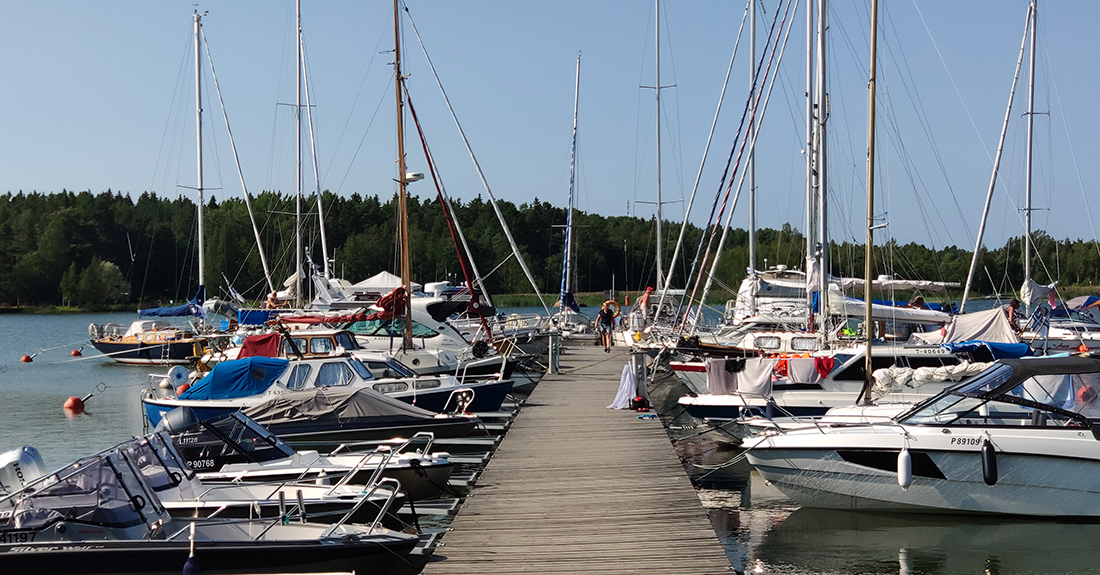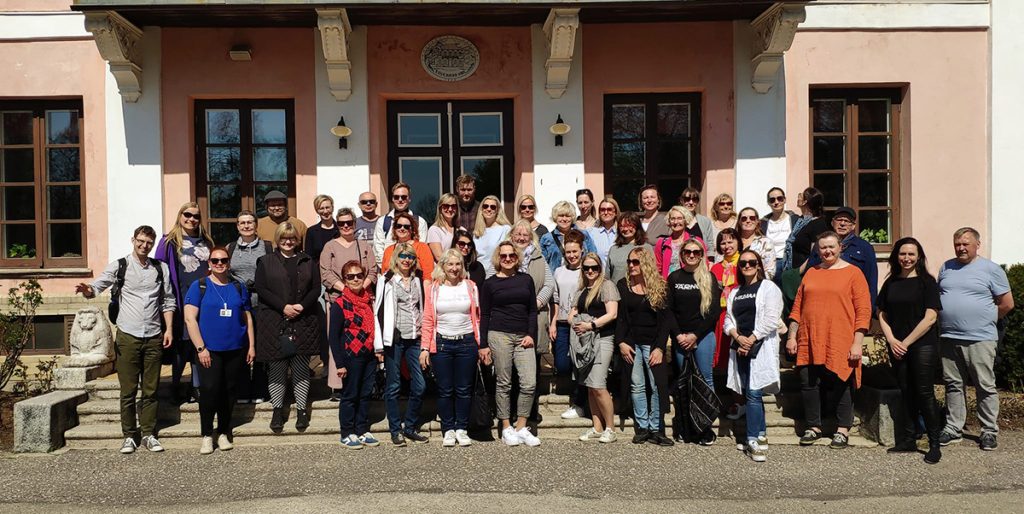
The unique features of operating tourism businesses and developing tourism destinations in the European cold-water regions need specific expertise.
Tourism is and has been rapidly changing
SAMK’s Center for Tourism Business Development has been leading a joint European Erasmus+ project for the past three years to develop new educational tools in European coastal and maritime tourism.
This is highly relevant as Europe’s cold-water coastal and maritime regions have been the biggest winners in the post-Covid-19 era. Records were broken as the number of local and regional tourists grew due to the pandemic. Many travelers found hidden gems in their own region or in their own country, the existence of which was not previously known.
Tourism in these regions is based on their unique characteristics and resources. Micro and small tourism enterprises prevail and focus on creating blue experiences based on direct encounters with nature, cultural heritage, and special interest activities. On the other hand, seasonality, limited infrastructure, and lack of local capital for investments hamper tourism competitiveness.
New European tools for higher tourism education
As tourism in this context requires specific skills, the Erasmus+ Skill4CMT project sought a solution for skills development in coastal and maritime tourism. The partners from Finland (Satakunta University of Applied Sciences), Estonia (University of Tartu, Pärnu College), Latvia (Vidzeme University of Applied Sciences), the Netherlands (HZ University of Applied Sciences), and Ireland (Dundalk institute of Technology) designed new occupational profiles by interviewing 90 different tourism stakeholders across European cold-water regions. Based on these results, a European level curriculum for coastal and maritime tourism was developed with open educational resources.
- The first course in the curriculum introduces the basic features of coastal and maritime tourism, its resources, blue well-being, the sustainable development of coastal areas and the legislation affecting tourism activities.
- In the second course, participants will learn more about sustainable coastal and maritime tourism, climate change and the development of sustainable business operations.
- The third course examines the coastal destination design, and
- the fourth course focuses on designing blue experiences.
The curriculum and other project outputs such as occupational profiles and self-study materials can be used by all organisations that want to develop their staff’s expertise on the subject. Educational institutions can use the outputs when revising their curricula or when upskilling entrepreneurs.

Great lessons – also for the lecturers!
In the end of the project, lecturers evaluated the project implementation and its impact on their organisations and their personal development. According to the lecturers, the most important impact was the skills development in online teaching and learning of the lecturers. The lecturers expressed that they learned a lot about digital pedagogy and teaching in general. In the project, they were able to test online pedagogy in a different way than they normally do in their own organisation. They got tools for online teaching and learning, a change to reflect their own teaching contents and methods and compare it with other lecturers and higher education. institutions. This in turn gave ideas about developing these in the own institution.
Furthermore, the project improved the lecturers’ skills in developing an industry-driven curriculum, because the curriculum was developed based on industry interviews. These research activities enabled a deeper understanding of the skills gaps and needed skills as well as the common skills for the European cold-water destinations. It also increased learning about the similarities and differences in coastal and maritime tourism around European cold-water destinations. The industry-academia collaboration also encouraged the industry stakeholders to reflect on their skills and their development.
- Visit the project webpage for more information
- Read the project final report to learn about the project outputs
Text: Sanna-Mari Renfors, Specialist Researcher, SAMK
Photo: Sanna-Mari Renfors and Skills4CMT project